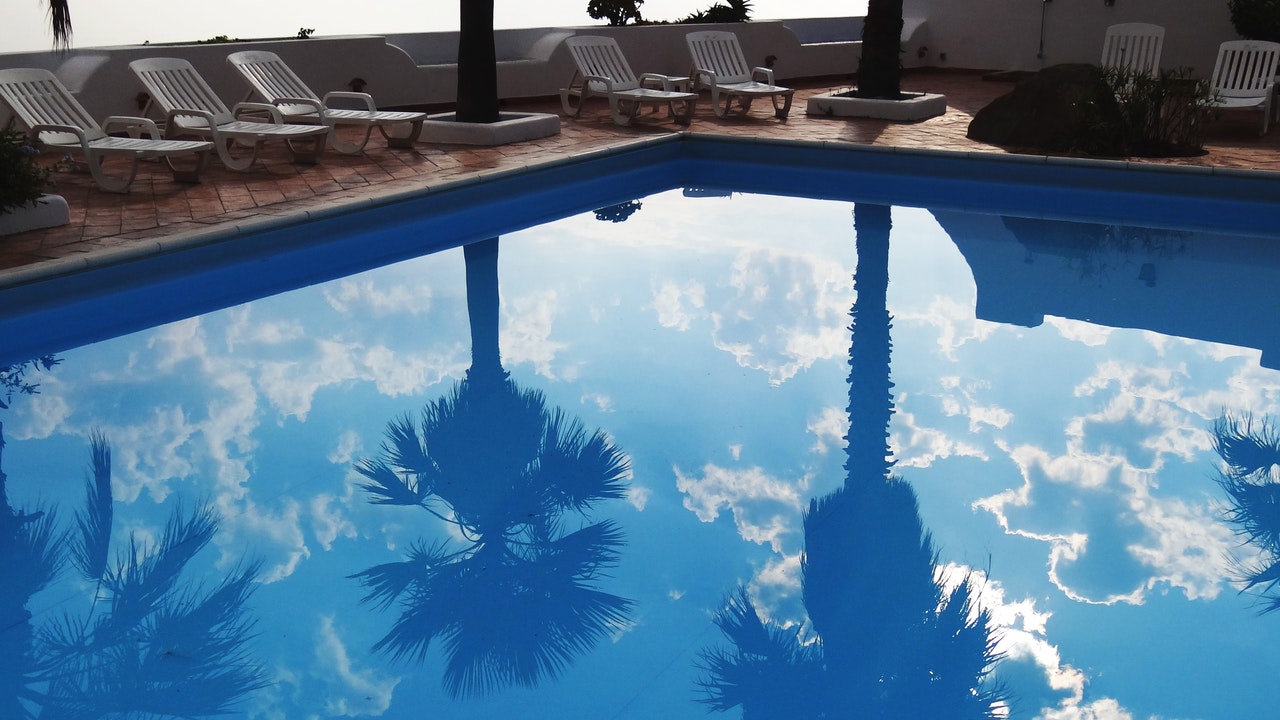The seasons are changing, and the air is getting colder; winter is upon us. For many Floridians, this is a time to close down their pools for the colder months until spring arrives and with it the warmer weather. Luckily, we don’t experience the frigid temperatures that people in the more northern states do. Because of our mild winter temperatures getting your pool ready for winter won’t be too much of a change to your maintenance routine.
This article will discuss the steps and winter pool chemicals you should be using this season to protect your best home investment.
Winter Pool Chemicals
There are two key questions to ask yourself before determining what chemicals you should use to clean your pool. The first one is, will you keep your pool open for the winter? And will your pool be heated? The reason for asking these questions is to narrow down the type of chemicals you should be using during this time.
If you are closing your pool down, you need to pick the right type of shock or chlorine to keep bacteria and algae growth at bay. Typically, consistent temperatures below 50°F leave little room for algae and bacteria growth. However, if you close your pool down too early, and the weather is still reasonably warm, you could risk growth occurring.
On the other hand, if you will be enjoying winter from the comfort of your heated pool, there are a few things to keep in mind. Not only is this a great option to get the most out of your investment, but it means you get to use your pool year-round. It’s essential to consider that the water temperature will be significantly warmer than usual from the heater. Because of this, you will need to use winter cleaning chemicals that are more suitable for warmer water. An example of this would be bromine, which stays stable at higher temperatures, unlike the standard cleaning products with chlorine.
Chemistry
After you add in the necessary chemicals to keep your pool sparkling clean, you’ll need to make sure that the chemistry is right; this will include:
- pH
- Water hardness
- Alkalinity
- Chlorine
- Stabilizer
The chemistry of your pool water will either create an environment for bacteria and algae to grow and thrive or not. Therefore, it’s crucial to ensure these levels are safe to protect your pool and swimmers.
Water Levels
Worrying about your pool water freezing is not something that many southern pool owners have to think about. However, it is still important to note that even though your pool water freezing chances are low, it’s not impossible. Frozen water expands and can damage pipes and other mechanical equipment in your pool. If you are closing it up for the winter, you should always adjust the water levels.
Regardless of the decision, you either keep your pool open or close it for the winter; you need to be using the right winter pool chemicals. By doing this, you ensure that your pool stays clean throughout the colder months and that you won’t have any problems to deal with on opening day. Are you interested in knowing more about winter pool care tips? Check out our blog for up-to-date content and information. Contact us today to inquire about our exceptional pool building services.

